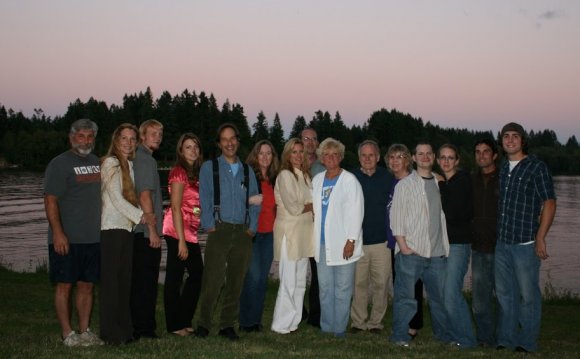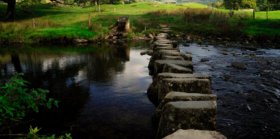
 You do not need permission to scatter ashes on a river lake or canal. We have included the Environment Agencys’s guidance in full so you can understand what the rules are. The only one that may be difficult to work out is where the abstraction points are, if you are in duobt you can call the number below or look on their website.
You do not need permission to scatter ashes on a river lake or canal. We have included the Environment Agencys’s guidance in full so you can understand what the rules are. The only one that may be difficult to work out is where the abstraction points are, if you are in duobt you can call the number below or look on their website.
Meeting the needs of families and the environment
We are the Environment Agency. It’s our job to look after your environment and make it a better place – for you, and for future generations.
Your environment is the air you breathe, the water you drink and the ground you walk on. Working with business, Government and society as a whole, we are making your environment cleaner and healthier.
The Environment Agency. Out there, making your environment a better place.
Protecting controlled waters from the impact of funeral practices
Faith groups and individuals follow different traditions and practices when a loved one dies. For some this involves spreading the ashes of their dead in rivers and streams, others wish to bury their dead at home. We do not want to interfere with these traditions unless there is good reason. There is no evidence to suggest that either the disposal of human ashes in rivers and streams or home burials have a negative impact on the environment. But we are concerned that other aspects of these practices, such as casting tributes and other objects into the water at the same time as the ashes, could harm the environment or upset other river users.
This leaflet outlines our policy on preventing any harm to the environment as a result of funeral practices.
Spreading or Scattering ashes on water
Ashes themselves have little impact on water quality; other items should not be placed in the water with the ashes. Personal items and wreaths might contain plastic and metal parts, which can cause litter and harm wildlife. They must not be put into the water or left on the riverbank where they could be washed into the water. Individual ceremonies to spread ashes are unlikely to pollute the water. But you will need to carry out the ceremony with care and check the following things first.
• The site you choose should not be near any buildings, people bathing or fishing, or marinas.
• Your site should be more than 1km upstream of any abstraction of water. You can check this by phoning your local Environment Agency office.
• Ashes should be spread as close to the surface of the water as possible and you should avoid windy days so that ashes do not affect people living or working nearby. If the site you have chosen is in regular use, we will need to assess it first to check there is enough water to disperse the ashes, that no one is using the water just downstream and that other river users are not going to be affected. Your faith group leader or undertaker should be able to tell you. If you are unsure if we have assessed a particular site, please phone your local Environment Agency office to check.




